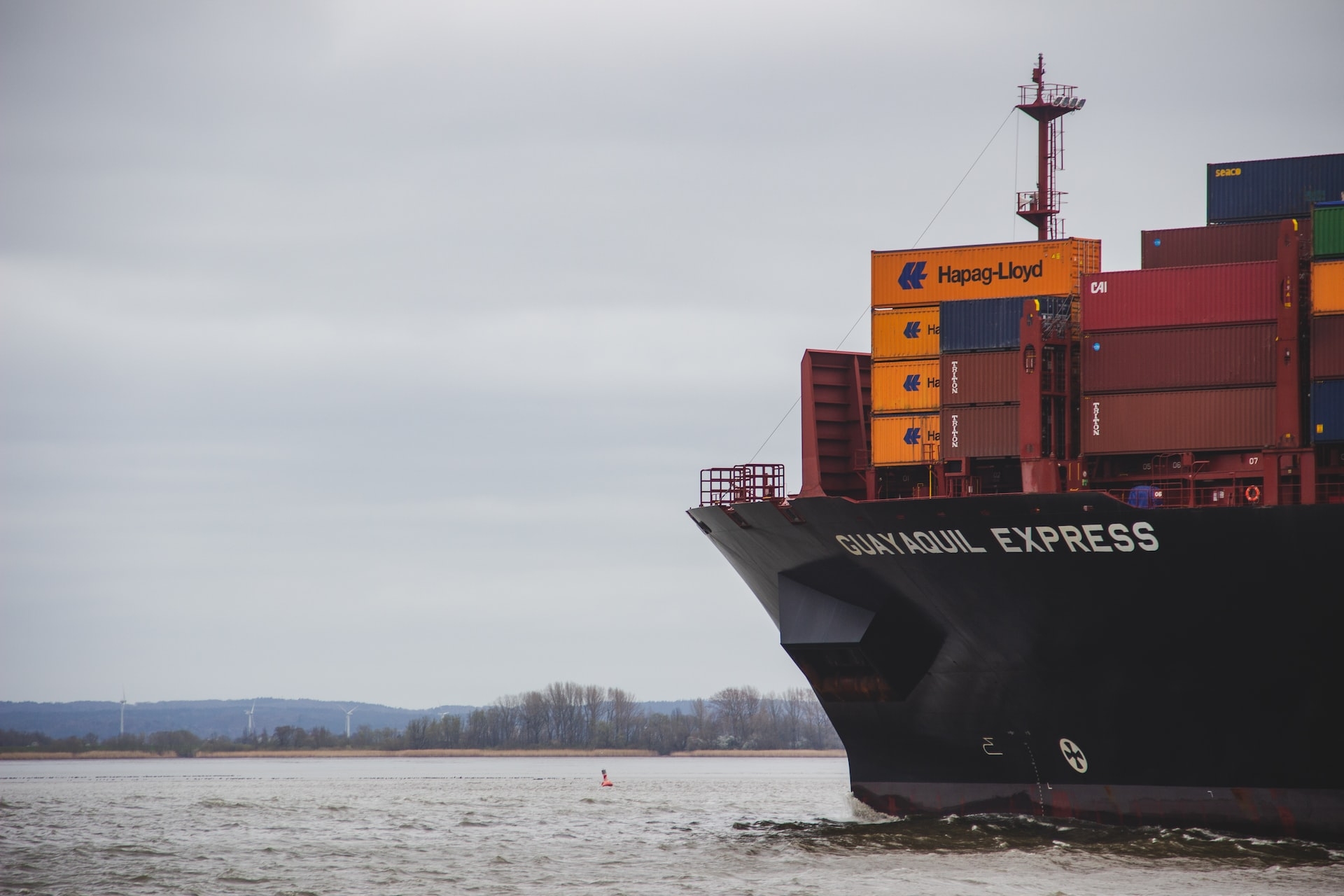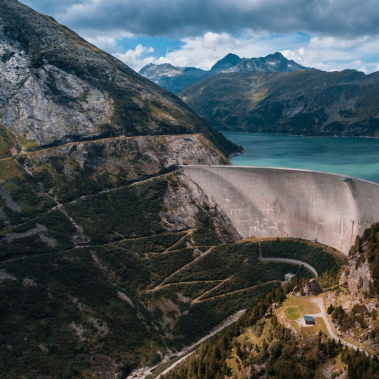This report was first published by Marsh.
The blocking of the Suez Canal in May 2021, caused by the Ever Given, demonstrated the vulnerability of global supply chains to disruptions to the world’s canals and waterways. The ‘just in time’ nature of shipping means that there is limited redundancy, and these routes become escalation points for cascading risk. With increasing incidence of disruptive weather events, driven by climate change, greater focus should be given to understanding these potential critical points of failure.
As part of this paper, we have assessed how the Suez Canal may be impacted over time by physical climate risks. The modelling results, provided by XDI (the Cross Dependency Initiative, a leading physical climate risk modelling organisation) have demonstrated that the Suez Canal and its associated infrastructure presents vulnerabilities to natural hazards that will be exacerbated by climate change, such as:
- Coastal inundation risk increasing, particularly across the northern port infrastructure of the Suez Canal.
- Increasing risk of extreme heat events occurring along the length of the Suez Canal itself.
Measures that could be considered in order to help mitigate these risks include:
- Resilience Strategies: Physical Resilience and Financial mechanisms, must be underpinned by a consistent and structured approach. The UN Principles for Resilient Infrastructure can facilitate consistency in developing a resilience strategy.
- Physical Resilience: Resilience to physical climate risks (e.g. coastal inundation) should be considered further to enable the long term reliability of the Suez Canal, including adapting port infrastructure and lock considerations along the canal.
- Resilience Enablers: Finance mechanisms, such as (re)insurance-backed public-private schemes, enables de-risking of resilience adaptation.Mechanisms could be developed further to enable resilience adaptation development offsetting for those that rely on and operate the canal.




